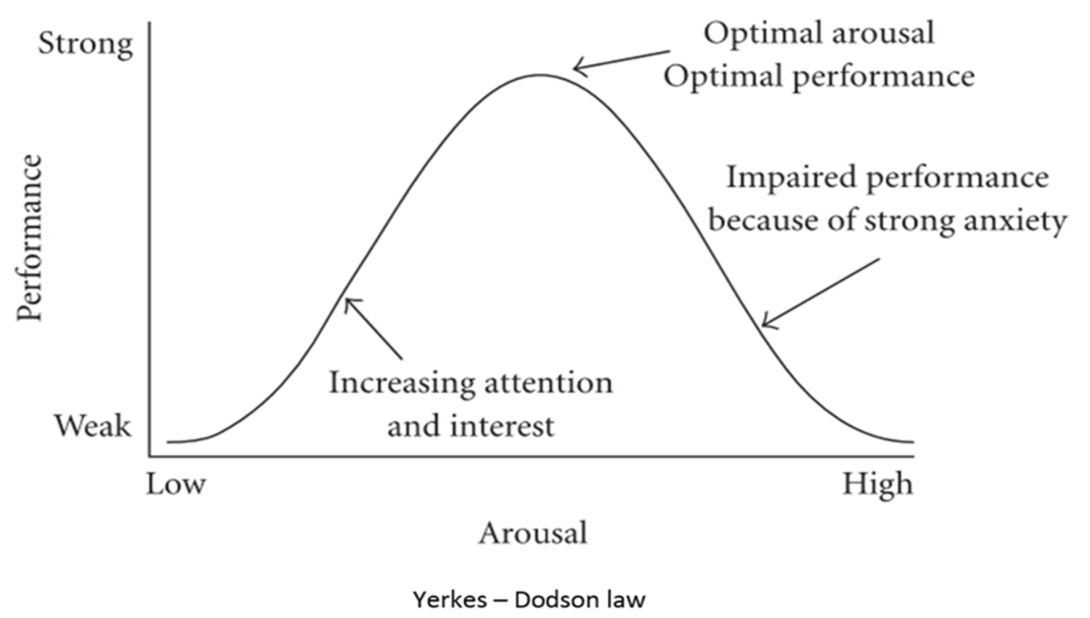Ask Ron Besuijen

We ask Ron:
How does stress impact decision-making, and how can training help mitigate the physiological effects of stress?
Ron's Response:
In the last pod we discussed how stress can impact performance and what are some of the physiological responses to stress.
In her book, The Unthinkable: Who Survives When Disaster Strikes, Amanda Ripley discusses the three stages people go through when responding to critical situations. The first can be Denial when we may try to normalize the event and try to fit the event into past patterns and experiences. The next is Deliberation when we like to form groups to discuss what is happening and get support. The last is the Decisive moment when we take action to respond to an event.
To get past the Denial step we can highlight the key parameters or indicators that a particular event has happened. For example, if a primary compressor trips and requires the facility to go to a safe park state, what emergency alarms will come in? Is there a speed indicator that can be referred to? Knowing the key indicators will help move the panel operator through denial quickly.
Deliberation can happen before an event during training. Discuss why the responses from a procedure are important and what impact they will have on the process. This discussion should happen before the response is practiced on the simulator. Sharing similar events or stories can also help to move through the Deliberation step faster.
Training and experience can help us move to the Decisive step faster and lessen the impact of an event. Simulator training is an excellent tool to minimize the effects of stress during critical incidents. Emergency procedures can be practiced which will allow an operator to put together the responses required to all the systems and how they can impact each other. A procedure is written in a linear fashion, the actual process is much more dynamic with many interacting systems.
A loss of containment and how to provide isolation can also be practiced on a simulator. This will lessen the stress responses if a similar event occurs and prepare operations to make key decisions for these events.
Even though an incident may not evolve the same way every time, training will develop pattern recognition skills that will help to minimize stress and the physiological responses.
